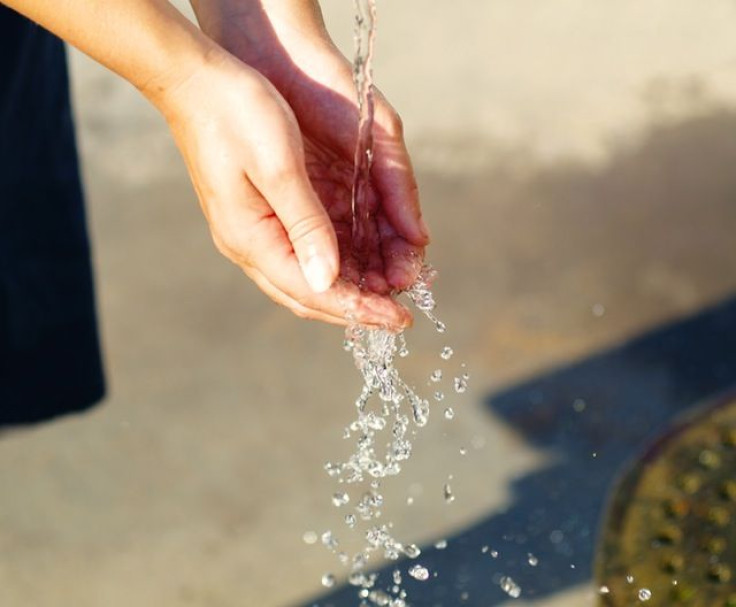Antibacterial Soap Ban: Minnesota Will Take Triclosan Off Shelves Before 2017, 9 Months Before FDA Ban Begins

Minnesota is getting a head start on halting the production and sale of “antibacterial” hand and body washes.
Back in September, the Food and Drug Administration issued a ban on ingredients used in these products — including triclosan and triclocarban. It also said that these products were no more effective than conventional soap and water in preventing illnesses and may pose health risks.
Read: Why The FDA Banned Anti-Bacterial Soap, And What To Use Instead
Minnesota’s triclosan ban will go into effect on Jan 1. Meanwhile, the federal government’s halt will start September 2017. According to Medical XPress, major manufacturers have already phased out antibacterial products, and some soaps are even being marketed as triclosan-free.
What’s so bad about these ingredients? There is some evidence that triclosan, triclocarban and other banned chemicals can disrupt hormone cycles and cause muscle weakness. Triclosan has also been added to many clothing, kitchenware, furniture, and toy products in an effort to prevent bacterial contamination.
The ban applies only to consumer products and not to products used in hospitals and food service settings. Hand sanitizers and wipes are also unaffected by the FDA’s ruling.
"I wanted it to change the national situation with triclosan and it certainly has contributed to that," said state Sen. John Marty, an author of Minnesota's ban, Medical XPress reported.
In 2014, a group called Friends of the Mississippi River and its allies in the Legislature, including Sen. Marty, convinced Gov. Mark Dayton to sign a ban on the chemical, set to go into effect Jan. 1, 2017.
Read Also:
Ask An Expert: Are Antibacterial Soaps Actually Bad For Me?
Antibacterial Soap Vs.Regular Hand Soap: Which Is Better? Understanding Triclosa



























